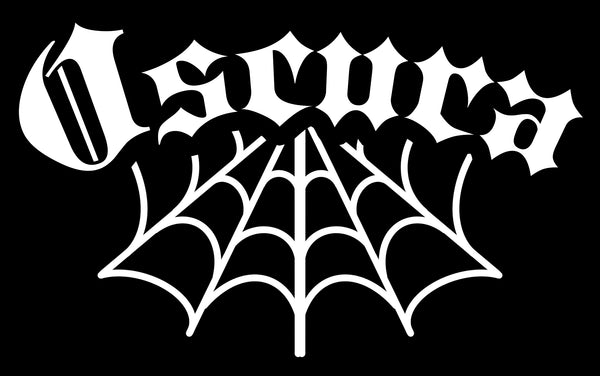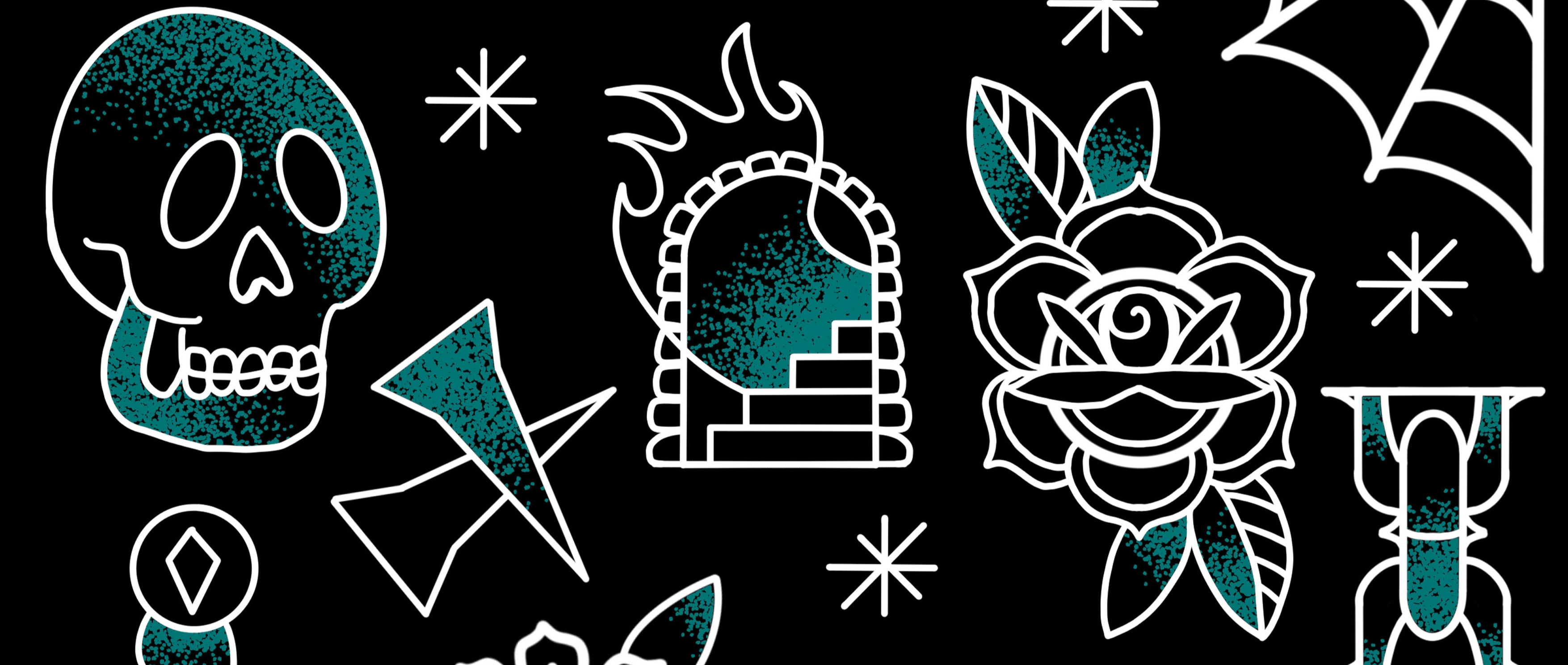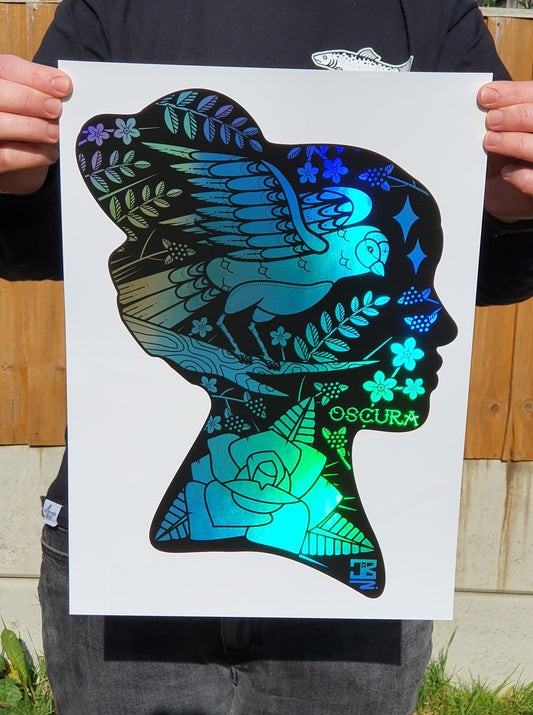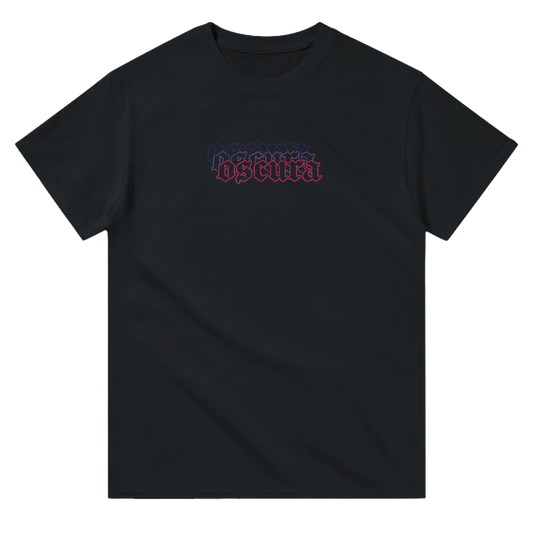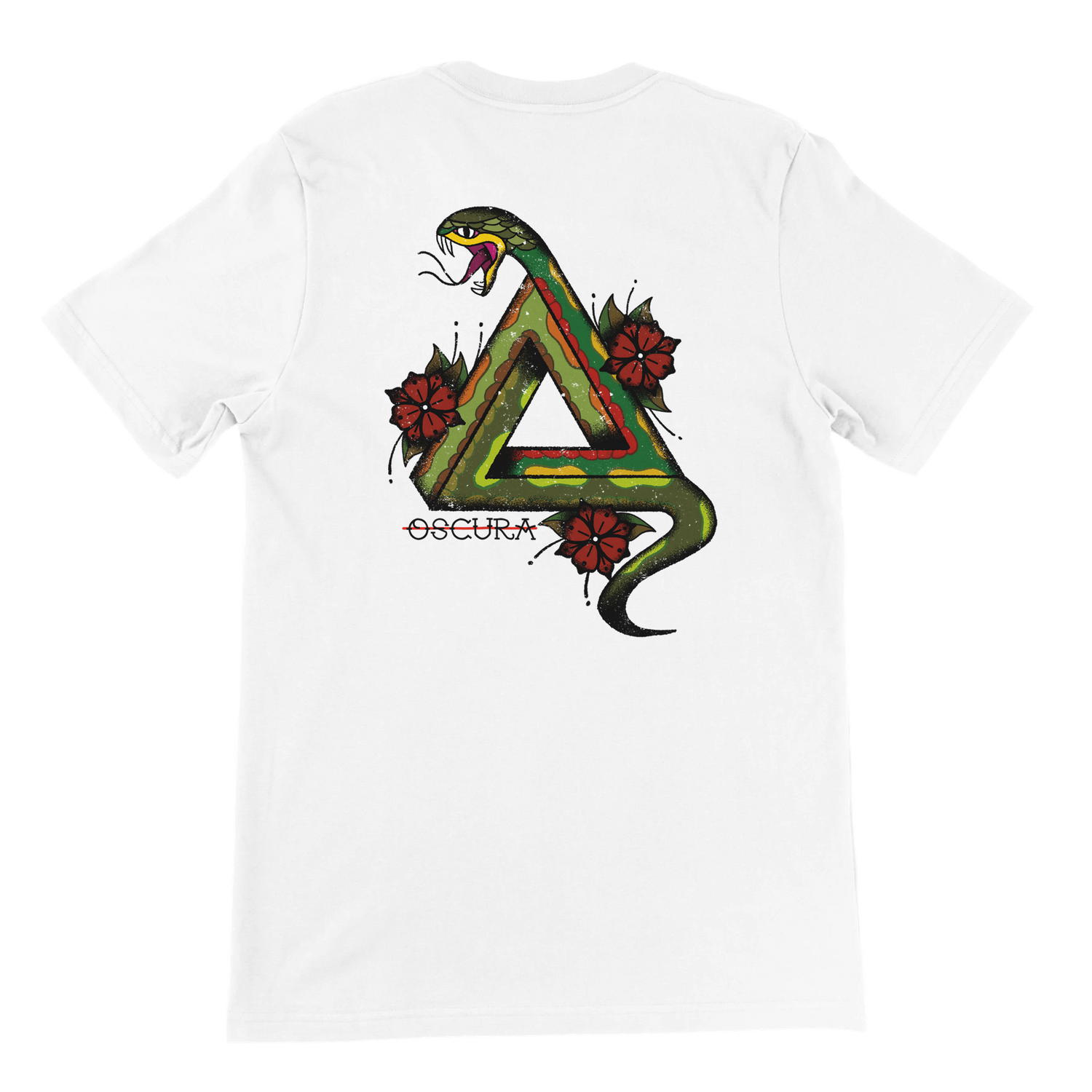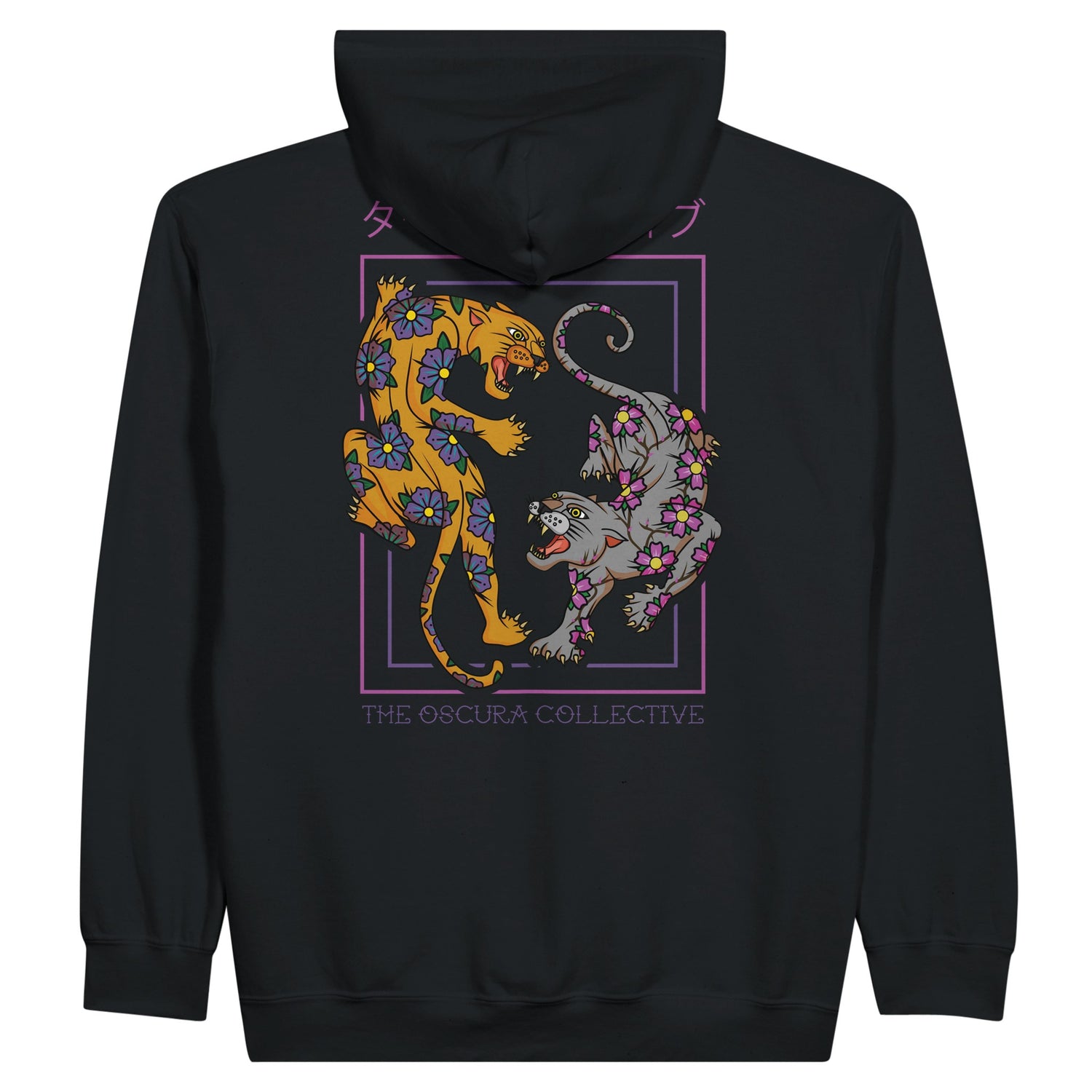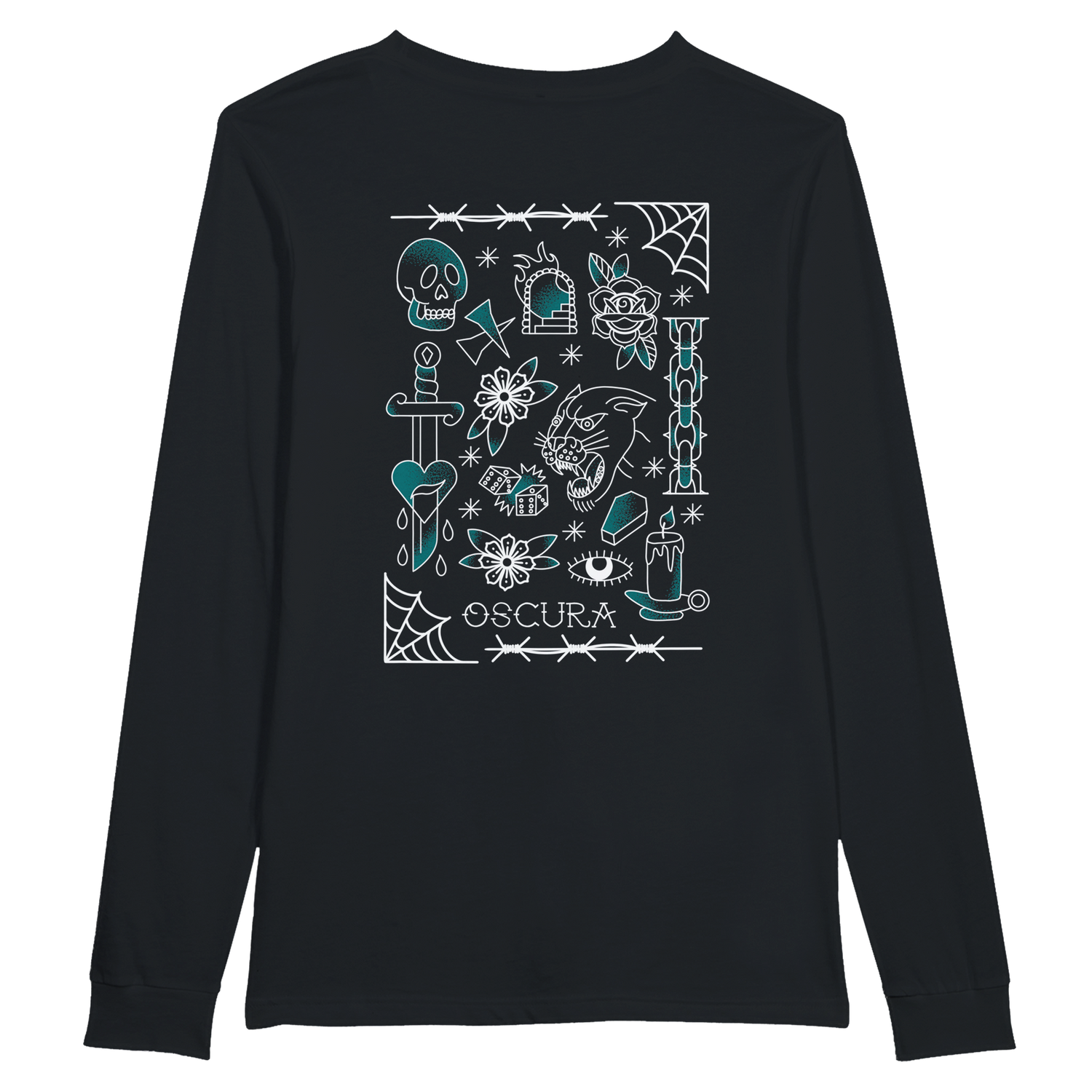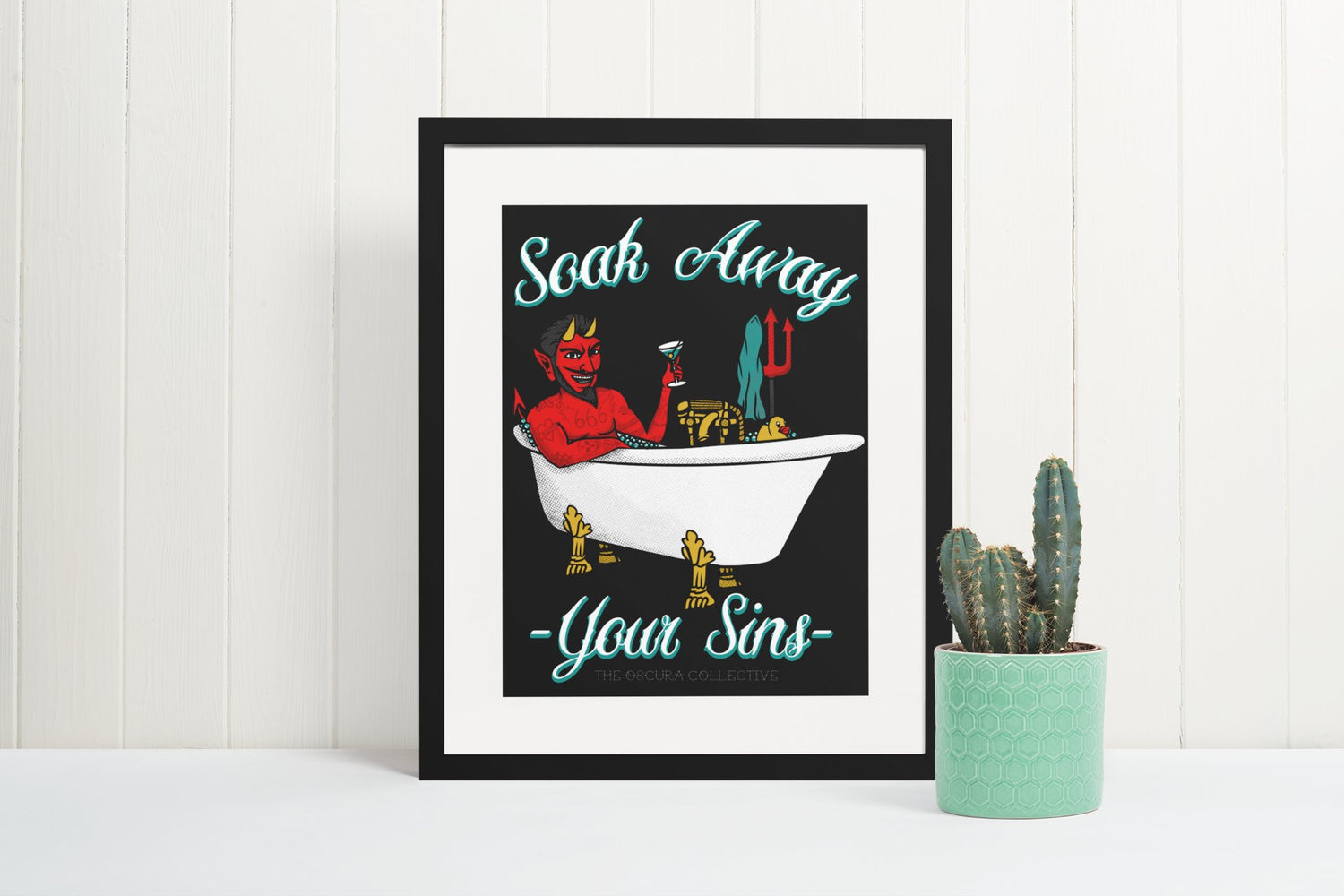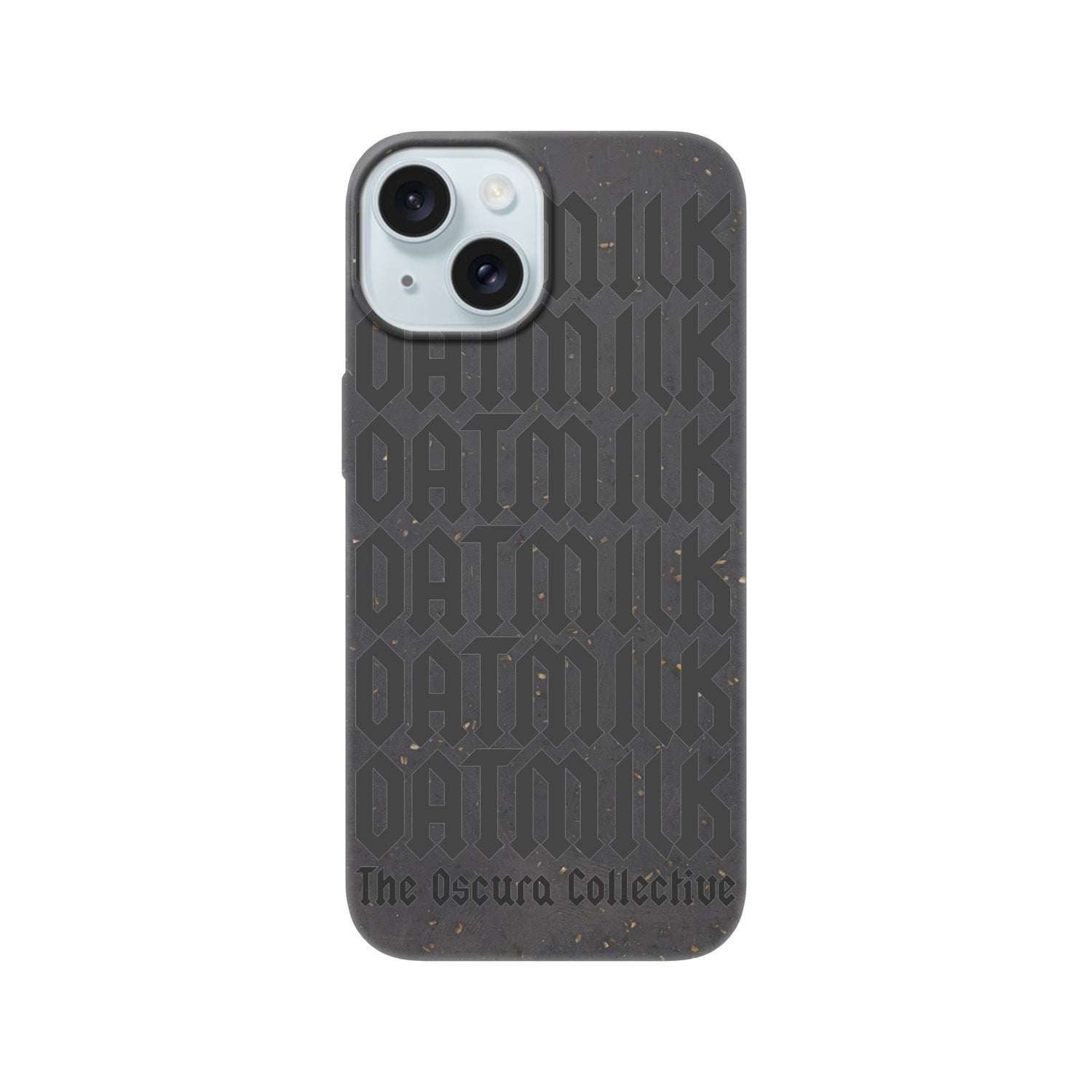The Art of Ink: Exploring the Rich Tapestry of Tattoo Culture
Tattoos have been a form of self-expression and art for thousands of years, transcending cultures, geographies, and eras. Today, tattoos are more popular than ever, reflecting individual stories, cultural identities, and artistic trends. This blog delves into the vibrant world of tattoo culture, exploring its history, significance, and contemporary evolution.
The Historical Roots of Tattoos
The practice of tattooing has ancient origins, with evidence of tattoos found on mummies and historical records from various civilizations.
-
Ancient Egypt and Nubia: Tattoos have been discovered on mummies dating back to 2000 BCE, often symbolizing status, religion, and protection.
-
Polynesian Tribes: In Polynesia, tattoos were deeply embedded in cultural traditions, signifying social status, identity, and genealogy. The word "tattoo" itself is derived from the Tahitian word "tatau."
-
Indigenous Cultures: Indigenous tribes in Africa, the Americas, and Asia have long used tattoos for rites of passage, spiritual rituals, and tribal affiliation.
The Symbolism and Meaning of Tattoos
Tattoos carry profound personal and cultural meanings, often serving as symbols of identity, memory, and transformation.
-
Personal Stories: Many individuals choose tattoos to commemorate significant life events, honor loved ones, or mark personal achievements and struggles.
-
Cultural Heritage: Tattoos can represent cultural heritage and pride, incorporating traditional symbols and designs that connect the wearer to their ancestry.
-
Spiritual and Religious Significance: In various cultures, tattoos are used for spiritual protection, religious devotion, and as a testament to faith.
The Evolution of Tattoo Art
Tattoo art has evolved dramatically over the centuries, influenced by cultural shifts, technological advancements, and artistic innovation.
-
Traditional Styles: Classic styles such as Japanese Irezumi, American Traditional, and Maori Ta Moko have distinct characteristics and deep-rooted cultural significance.
-
Modern Trends: Contemporary tattooing embraces a wide range of styles, from minimalist line work and geometric patterns to hyper-realistic portraits and watercolor effects.
-
Technological Advances: Modern tattoo machines and improved ink formulations have expanded the possibilities for detail, color, and precision in tattoo art.
The Role of Tattoo Artists
Tattoo artists play a crucial role in the culture, bringing their unique skills, creativity, and vision to the canvas of human skin.
-
Artistic Expression: Tattoo artists are skilled professionals who combine technical expertise with artistic creativity, often developing signature styles that attract a following.
-
Cultural Ambassadors: Many tattoo artists are also cultural ambassadors, preserving and revitalizing traditional tattoo practices and educating others about their cultural significance.
-
Community and Collaboration: Tattoo studios often serve as community hubs where artists and clients collaborate, share stories, and form connections.
Tattoos in Contemporary Society
Today, tattoos are widely accepted and celebrated across various demographics and professions, reflecting broader societal shifts towards individuality and self-expression.
-
Mainstream Acceptance: Once stigmatized and associated with subcultures, tattoos are now embraced by people from all walks of life, including professionals, celebrities, and everyday individuals.
-
Body Positivity and Empowerment: For many, tattoos are a form of body positivity and empowerment, allowing individuals to reclaim their bodies and express their identities in meaningful ways.
-
Social and Political Statements: Tattoos are also used as powerful tools for social and political commentary, with designs that address issues such as social justice, environmentalism, and human rights.
The Future of Tattoo Culture
As tattoo culture continues to evolve, it remains a dynamic and diverse form of art and expression, influenced by global trends and technological innovations.
-
Sustainable Practices: The tattoo industry is increasingly adopting sustainable practices, such as vegan inks and eco-friendly materials, reflecting broader environmental consciousness.
-
Technological Integration: Emerging technologies, such as augmented reality and digital design tools, are opening new frontiers in tattoo art, allowing for more interactive and customizable experiences.
-
Cultural Fusion: The globalization of tattoo culture is leading to exciting fusions of styles and traditions, creating new hybrid forms that celebrate cultural diversity and artistic innovation.
Conclusion
Tattoo culture is a rich and multifaceted tapestry, woven from the threads of history, art, and personal expression. Whether you view tattoos as a form of art, a cultural practice, or a personal statement, they undeniably hold a significant place in the human experience. As the culture continues to evolve, tattoos will remain a powerful and enduring symbol of our individuality, creativity, and connection to the world around us.


